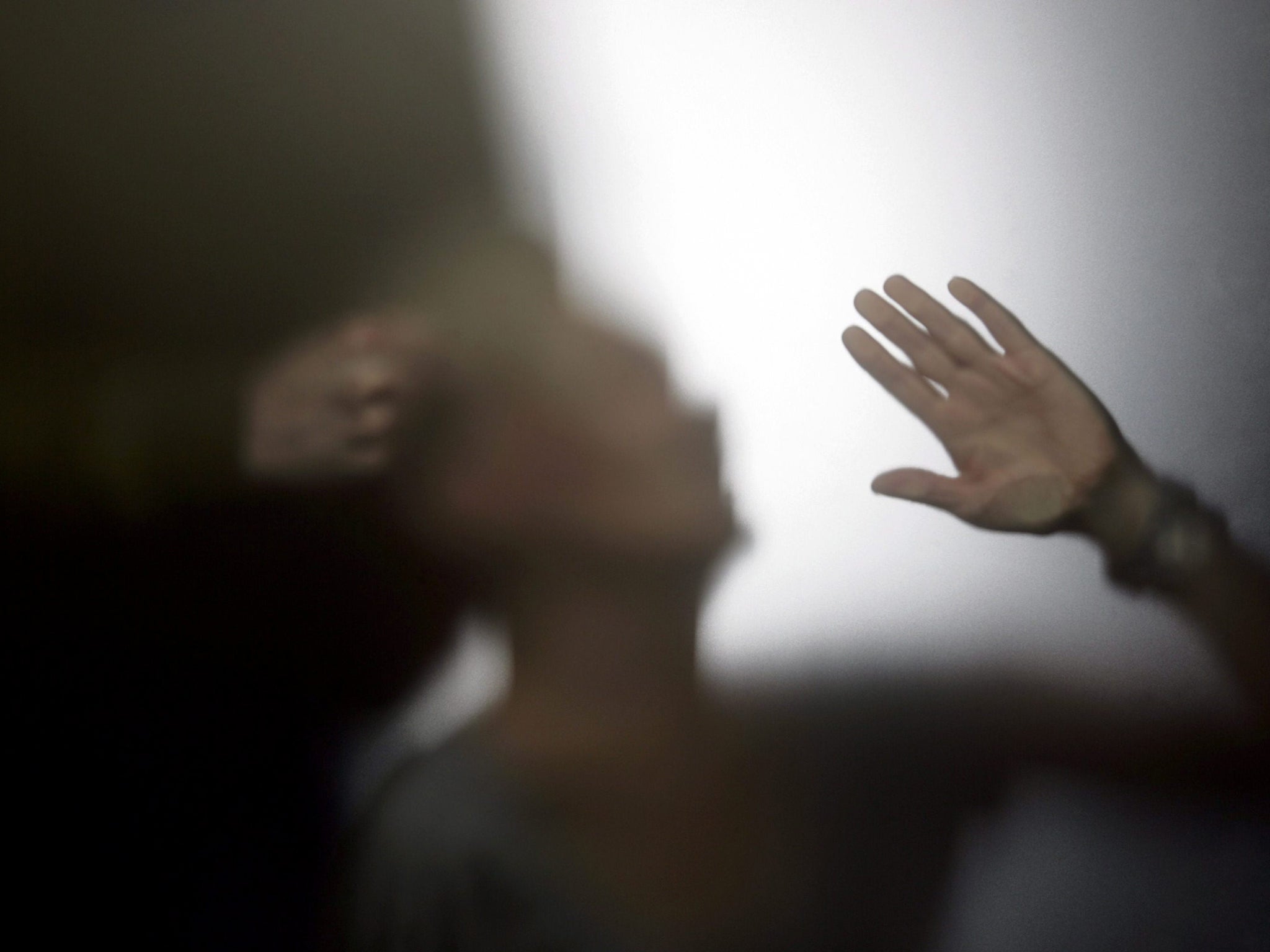The Independent's journalism is supported by our readers. When you purchase through links on our site, we may earn commission.
Male victims of domestic violence are being failed by the system
Women’s shelters are inappropriate for male victims, as the women shouldn’t be subjected to a male presence at their most vulnerable and the men – many of whom will have been assaulted by female partners – could similarly feel triggered


I can still feel his hands around my throat, choking the air out of me. It wasn’t the first time. There were the times he threw me into the wall, or twisted my arm around to the point I thought it might break. And there was that night he went into gruesome detail about how, if given the chance, he would torture and kill me.
According to a 2010 study by Parity, a men’s issues campaigning group, more than 40 per cent of victims of domestic violence are male. Yet startlingly, as BBC London reported last week, there are no refuges in London (and only 18 nationally) that serve men. That is despite a nearly 80 per cent increase in reports from male victims between 2012 and 2016.
This is clearly an unacknowledged crisis, and it’s time to start a national dialogue around it – a real men’s rights issue. The startlingly steep uptick in reports is likely only the tip of the iceberg, considering the societal stigmas often associated with male victims. When my ex-boyfriend assaulted me, I found my friends – particularly my male friends – minimising the abuse or excusing it as a “scuffle” between boys. When I sought support, they got uncomfortable and told me to “man up.”
Men who find themselves as victims of domestic violence are often viewed by and made to feel emasculated and weak. We are told to fight back and ridiculed for “accepting” or “allowing” the abuse. Many people don’t know how to approach the conversation for fear of adding insult to literal injury, or because they simply don’t believe a man can be a victim of domestic violence.
The way we construct masculinity excludes weakness and assumes men will be physically dominant over one another and over women. It’s what sociologist Paul Kivel calls the “act-like-a-man box,” in which men are expected to be violent and in control, particularly in control of women, while supressing their emotions and sucking it up whenever life doesn’t go their way. When a man steps outside of this box, he is often ridiculed as weak or as not being a “real” man.
This toxic view of masculinity often leads men to become perpetrators of domestic violence, but when they’re victims, it can prevent them from coming forward. The stigma, and the fear of not being believed, can be so strong that men simply don’t report the abuse.

Yet as the BBC notes, despite this, many men are coming forward. The problem is they have nowhere to go. Women’s shelters are inappropriate, as the women – most of whom are victims of male-perpetrated domestic violence – shouldn’t be subjected to a male presence at their most vulnerable and the men – many of whom will have been assaulted by female partners – could similarly feel triggered.
But men do need space and resources, because it is clear there is a growing epidemic of domestic violence against men. The Men’s Helpline opened in 2007 with funding from the Home Office, but austerity has meant the government has closed shelters and cut funding to resources for female victims. It’s hard to fathom they’ll soon prioritise any victims, let alone male victims. Theresa May did guarantee £20m in additional funding for women’s refuges, but there’s no sign any money will be funnelled into men’s refuges. (Besides, as the campaigning group Sisters Uncut points out, £20m is like “sticking plaster on a haemorrhage”.) Local councils, stretched to the max already, are similarly incapable of addressing the growing need of resources tailored specifically to male victims.
It’s harrowing when you think about it. I was lucky enough to have friends who could help me through and get me out of a dangerous relationship. Not all men are. Men who speak out are already facing patriarchal and societal backlash. When they do, they have few places in which to escape the violence they face at home. Unless society can address the stigma surrounding male victims and the Government can provide refuges dedicated to protecting and serving them, this epidemic will continue to grow, with violent and deadly consequences.
Join our commenting forum
Join thought-provoking conversations, follow other Independent readers and see their replies
Comments
Bookmark popover
Removed from bookmarks